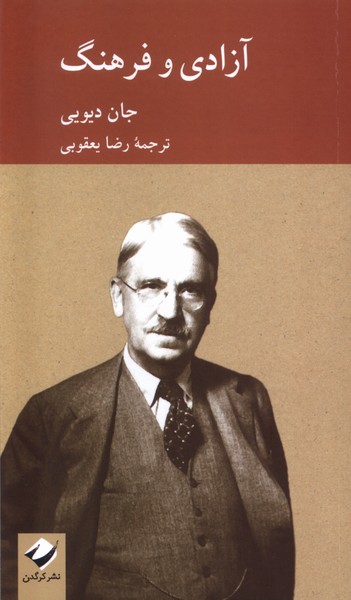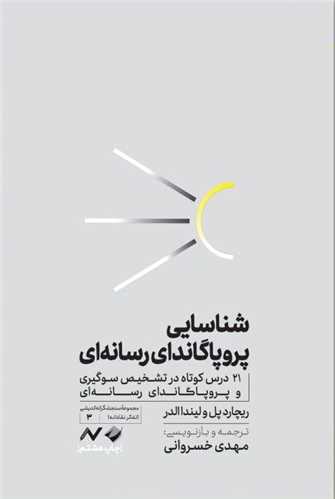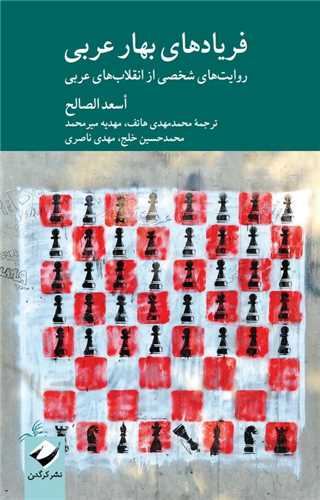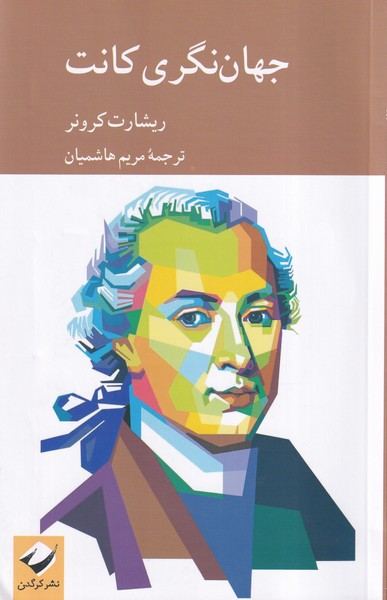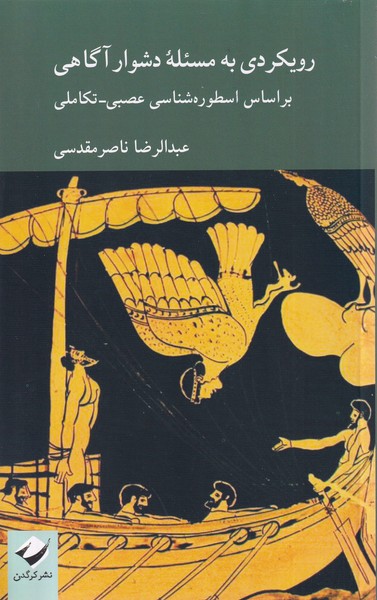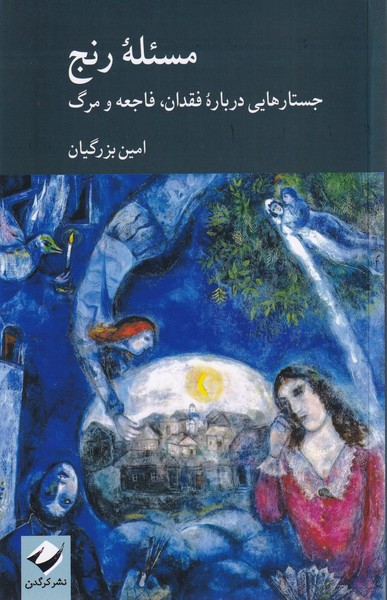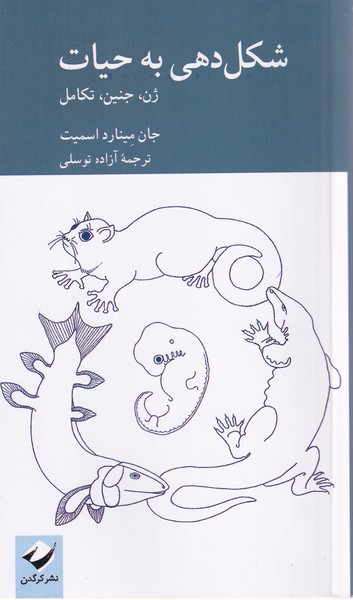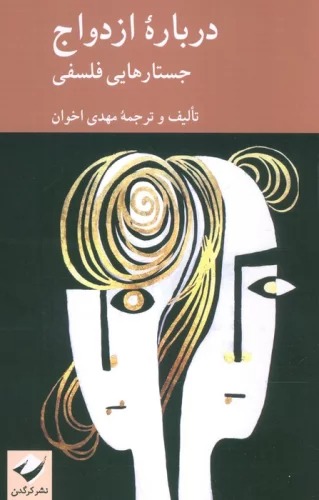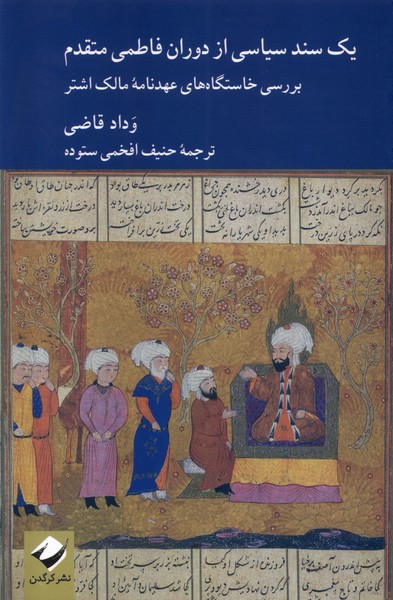Dīrūz kah Zādah Nashudah'am: Bah chah Kasānī I'timād Mī'kunīm va Chah 'Aqāyidī rā Mī'pazīrīm: Persiska (Farsi) 1403
دیروز که زاده نشدهام: به چه کسانی اعتماد میکنیم و چه عقایدی را میپذیریم
17,60 $
Dela
Wishlist
Originaltitel:
Not Born Yesterday: The Science of Who We Trust and What We Believe
ISBN:
9786227765915
Översättare:
Sajjād Aḥmad Ḥamīdī
Förlag:
Kargadan
Åldersgrupp:
Vuxen
Sidor:
312
Vikt:
244 g
Produktmått:
14 x 21 x 2
,
8 cm
Bokomslag:
Pocketbok
Why people are not as gullible as we think
Not Born Yesterday explains how we decide who we can trust and what we should believe--and argues that we're pretty good at making these decisions. In this lively and provocative book, Hugo Mercier demonstrates how virtually all attempts at mass persuasion--whether by religious leaders, politicians, or advertisers--fail miserably. Drawing on recent findings from political science and other fields ranging from history to anthropology, Mercier shows that the narrative of widespread gullibility, in which a credulous public is easily misled by demagogues and charlatans, is simply wrong.
Why is mass persuasion so difficult? Mercier uses the latest findings from experimental psychology to show how each of us is endowed with sophisticated cognitive mechanisms of open vigilance. Computing a variety of cues, these mechanisms enable us to be on guard against harmful beliefs, while being open enough to change our minds when presented with the right evidence. Even failures--when we accept false confessions, spread wild rumors, or fall for quack medicine--are better explained as bugs in otherwise well-functioning cognitive mechanisms than as symptoms of general gullibility.
Not Born Yesterday shows how we filter the flow of information that surrounds us, argues that we do it well, and explains how we can do it better still.
more
درست است که هرروزه از طریق تلویزیونها و رادیوها و شبکههای اجتماعی مزخرفات زیادی به خورد مردم داده میشود و درصد زیادی از افراد جامعه هم آنها را قبول میکنند، اما ادعای هوگو مرسیه این است که انسانها آنقدرها هم که به نظر میرسد سادهلوح و زودباور نیستند. او بهعنوان روانشناس شناختی و تکاملی در برابر تحقیقات علمی گستردهای میایستد که از یونان باستان تا امریکای قرن بیستویکم، از جوامع عقبمانده تا جوامع پیشرفته، شواهدی فراهم میکنند تا نشان دهند اکثریت مردم زودباور و سادهلوحاند. اما ادعای او برخلاف این است: ما هر چیزی را بهسادگی نمیپذیریم، حتی اگر آن را اکثریت مردم یا شخصیتهای کاریزماتیک پذیرفته باشند. ما میتوانیم تشخیص دهیم به چه کسی اعتماد کنیم و چهچیز را باور کنیم، ما بهسادگی تحت تأثیر دیگران قرار نمیگیریم. مرسیه با معرفی سازوکارهای «پذیرندگیِ محتاطانه» و بررسی شواهدی از روانشناسی تجربی نشان میدهد که حتی نوزادان نیز به این سازوکارها مجهزند. این سازوکارها به ما کمک میکنند بیشتر ادعاهای مضر و خطرناک را رد کنیم، و درعینحال دلیل پذیرش برخی ایدههای غلط را نیز توضیح میدهند.
پیام روشن این کتاب آن است که اغلب تلاشهایی که برای متقاعد کردن تودهها انجام میگیرند، از تبلیغات گرفته تا شستوشوی مغزی، بهشکلی مفتضحانه شکست میخورند. خوانندگان درخواهند یافت که چرا برخی ایدههای غلط مقبولیت عام مییابند، درحالیکه برخی اندیشههای درست بهسختی راه خود را میان عامۀ مردم باز میکنند.
more







